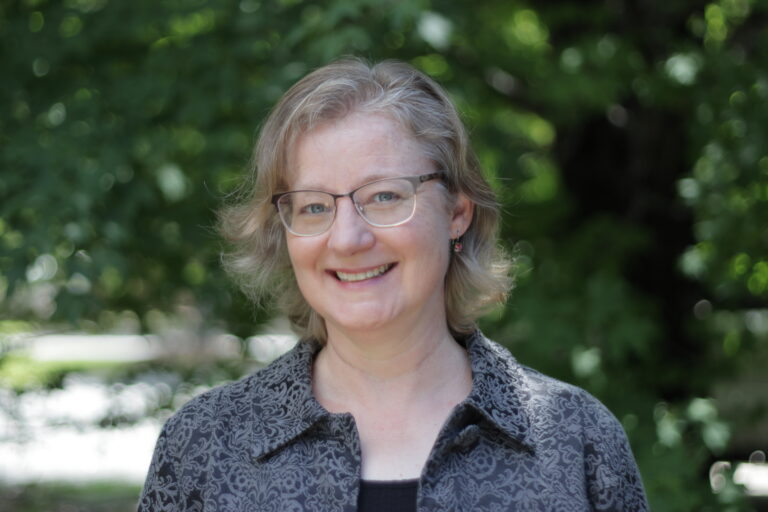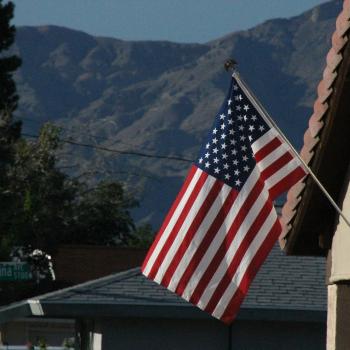This week it struck me just how deeply offensive is the term “Medical Aid in Dying” (MAiD) as a euphemism for assisted suicide.
Thursday evening I sat with my husband’s grandmother, praying silently beside her as she lay sleeping, her face beautiful as ever in the golden evening sunlight in her wood-paneled den. She would die a few hours later. It would happen at home, cared for by her family, just as she had wanted.
She died about six months behind schedule, having been diagnosed in December with a cancer that was certainly going to be fatal by January. But she’s an absurdly strong woman (spiritually, yes, but here the pertinent bit is her physical stamina — this is the woman who picked a hundred pounds of cotton in a single day when she was six years old), so she ended up with more time.
We were grateful. My husband was able to visit her nearly weekly, getting to know her better in those final months after she was already supposed to be dead than he had in most of his life. Before, we would see her at busy family gatherings; now, he could sit with her in the quiet for long conversations one-on-one. He recorded stories from her childhood which we will always treasure.
My last and best conversation with her came not long before she died. All of that would have been missed if she’d been urged to kill herself at the time of diagnosis.
In contrast, when my mother-in-law died, she had been non-verbal for several years due to her dementia. Those years were no doubt difficult for her, but she also experienced the happiness that comes from the caring devotion of those around her — her husband chiefly, but also the nursing home staff. My husband continues to visit every week Mom’s last roommate, a spicy, outspoken angel who kept watch over Mom day and night, deploying the call button liberally to make sure Mom received the care she needed.
My husband’s relationship with his mother grew and deepened during the years when they could no longer talk, but she would cry with joy when he came and sang for her, running through whatever the church choir was rehearsing at the moment and then returning to old favorites. It was an opportunity for them to connect on a deeper and more intimate level than had been possible when everyday chitchat would get in the way.
Again: All of this was made possible because Mom was still there. Not pressured to off herself lest she “burden” anyone.
For both Mom and Grandma, and for my own grandmother before that, the women who provided their hospice care are the underappreciated heroes of the story.
The nurses and caregivers who specialize in fragile and dying bodies are people who work with such love, but also with great technical expertise. Through long experience they understand what kinds of care are needed at each point along the way, and which treatments will help the dying person be more comfortable, breathe more easily, minimize pain, and allow for a life truly lived to the full.
This is medical care. This is medical assistance. It is medical assistance given to dying people.
Thinking about Mary, the freelance caregiver who cared first for my husband’s aunt and then later for his grandmother, a woman famous for both her technical competence and the love she pours out on each of her clients, I am appalled that someone would say “medical assistance in dying” means killing people.
No. That title belongs to the people actually providing the medical care.
“Assisted suicide” is the correct term when the depressed and suffering person is helped to commit suicide rather than offered medical and emotional support to rediscover the strength to live out the remainder of their natural life, however short or long.
“Euthanasia” is the term when the person is killed on someone else’s order.
We don’t call the mafia enforcer who kneecaps people an “orthopedist.” Big Tobacco isn’t run by “pulmonologists.” A rapist isn’t a “gynecologist.”
There are countless real people who actually provide valuable medical assistance to dying persons. They work hard, they are highly skilled, and their hourly wages are far less than a physician gets to bill for prescribing a lethal dose of poison to a despairing patient.
For an overpaid, state-sanctioned poisoner to steal the title of “medical assistance in dying” is a grave insult to the actual caregivers who make end-of-life the time of love and connection that it is meant to be.
Related: How We Talk About Suicide
Image: Stained glass at Nysa cathedral showing angels worshipping the Blessed Sacrament, the perfect Wikimedia Image of the Day for the feast of Corpus Christi. Photograph by Marcin Szala, CC 4.0.














